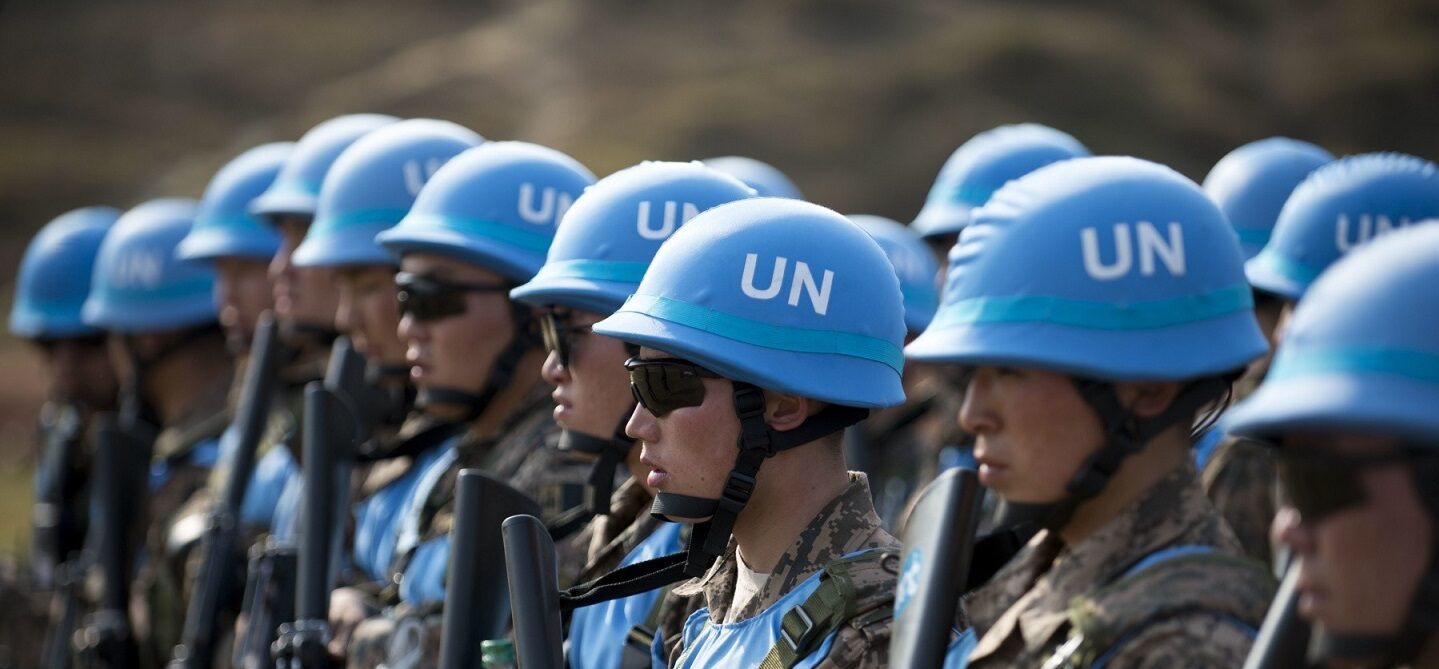The International Politics major focuses on how power operates within and between states in the international arena. The program combines political science, economics, geography and history to examine topics such as human rights, ethnic conflict, terrorism, economic and political development and globalization, the environment, foreign and economic policy making, and national security.
With three concentration options, International Politics majors can build a degree that matches their interest and ambitions:
International Relations
Students who choose the international relations concentration focus on the politics within sovereign states and between states at the regional and global level. Courses in history, geography and economics support coursework in international and comparative politics to foster an understanding of how culture, history, location and resources influence how states act within the international system. Students are encouraged to develop competence in a language relevant to their interests.
The international relations option is a popular choice for students interested in diplomacy, non-profit organizations, international business or international law. The major is very compatible with study abroad experiences. It is also a good double major with any area specialization, or with any major that prepares you to work internationally, including the sciences, business and finance, and global health.
National Security
Students who choose the National Security concentration focus on approaches to managing threats to the United States and the international system. Courses in risk analysis, criminology, history and geography support courses in American, international and comparative politics to prepare students to analyze national defense policy and understand how sovereign states use strategies such as intelligence, diplomacy and force to anticipate, prevent and respond to crisis. Topics include terrorism/anti-terrorism, homeland security, military and foreign policy, and interstate alliances. Students have the opportunity to explore topics such as the security threats posed by climate change and economic development/inequality, cyber security and international crime.
The national security option is a good choice for students interested in careers with government security agencies or as security consultants in the private sector. This concentration is often combined with the study of Information Science and Technology and the study of critical languages such as Arabic and Chinese.
International Political Economy
Students who choose the International Political Economy concentration focus on topics at the intersection of politics and economic such as the global economy, international trade, international finance, multinational corporations, resource competition, and global inequality and development. Coursework is primarily in economics and political science, with supplementary courses in history or geography. The program provides a foundation for understanding the interaction between political institutions and economic activity and outcomes in general, and develops tools to consider the impact of these relationships on particular economies and markets, as well as how they are being transformed by processes such as globalization and climate change.
The International Political Economy option is a popular choice for students interested in working for international business, development, or finance. It is also good preparation for journalism, consulting and activism for social change at the global level. This concentration is complemented by a number of study abroad programs. Students are encouraged to develop competence in a second language and software for statistical analysis.


